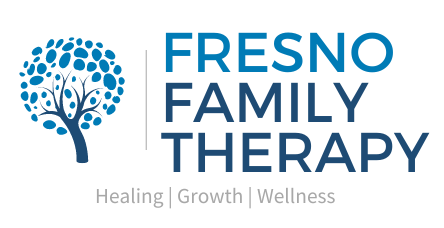Choosing a therapist can be a very intimidating experience. It’s scary selecting a stranger to share some of your deepest fears, sorrows, joys, guilt, shame, and all of the above. In addition to the selecting process, it’s difficult to for us to admit to ourselves that we may not be able to get through a particular problem or phase of life on our own… and that’s okay.
There is so much stigma surrounding seeking therapy in our society that it prevents us from seeking it. One of the myths about therapy is that you have to be crazy to get help. This could not be further from the truth.
Everyone can benefit from therapy and here is where you start..
There are many questions that run through your mind before taking that first step to receive help such as:
- Where do I find a therapist?
- How do I select a therapist?
- Will this person judge me for what I am about to share?
- Will this person really be able to help me?”
My purpose of this post is to alleviate some of those fears and assist you with taking that first step to receiving the help you need. Let’s get rid of some of the mystery and jump right in to my checklist for choosing the right therapist for you.
Where Do I Find a Therapist?
Psychology Today
- This is an online directory where you can find many therapists in your local area. Here you can search individual therapists including their specialties, fees, accepted insurance, and contact information.
Family and Friends
- Sometimes family and friends are not the most helpful when it comes to asking for opinions on mental health. However, occasionally reaching out to a friend or family member for a recommendation can ease the anxiety of making that first call.
CAMFT Directory
- CAMFT (California Association of Marriage and Family Therapists) is a professional organization specific for California MFT’s. This is another directory very similar to Psychology Today, making it easy to find local therapists near you!
Contact Your Health Insurance
- Look over your description of plan benefits and see if it includes information on behavioral health services or coverage for mental health and/or substance use disorders. Some insurance will offer a number of sessions and give you a referral to a local therapist.
- Google is your friend! Simply type in therapy or counseling services into the Google search bar and plenty of options should pop up within the first few pages. This is also a great option for finding therapists that specialize in your specific need.
LMFT, LCSW, LPCC, PsyD… What Do They Mean?
Therapists love acronyms. There are enough in this field to make your head explode. It’s extremely important to verify your therapist’s credentials before your first session. You can verify their license here at California’s Department of Consumer Affairs website. Also, it’s okay to ask your therapist about their experience and whether or not they have ever worked with someone who shares your specific concern.
LMFT – Licensed Marriage and Family Therapist
- MFTI or IMF – Marriage and Family Therapist Intern
LCSW – Licensed Clinical Social Worker
- ASW – Associate Clinical Social Worker
LPCC – Licensed Professional Clinical Counselor
- PCCI – Professional Clinical Counselor Intern
Keep in mind that each state has their own regulations for state licensure and the qualifications may vary.
PsyD – Doctorate of Psychology
The Greatest Predictor of Successful Therapy
It’s all about the relationship. Research tells us over and over that the best predictor for successful therapy is the therapeutic relationship. Sometimes the therapist is just not the right fit.. and that’s okay. The bottom line is that you should always feel respected and heard by your therapist.
I hope you find this small guide helpful. I strongly recommend therapy for EVERYONE because I believe that everyone can benefit. Do not let stigma, the media, or any other outside voices prevent you from seeking support. Sometimes taking that leap of faith is all it takes to getting you the support you deserve.


